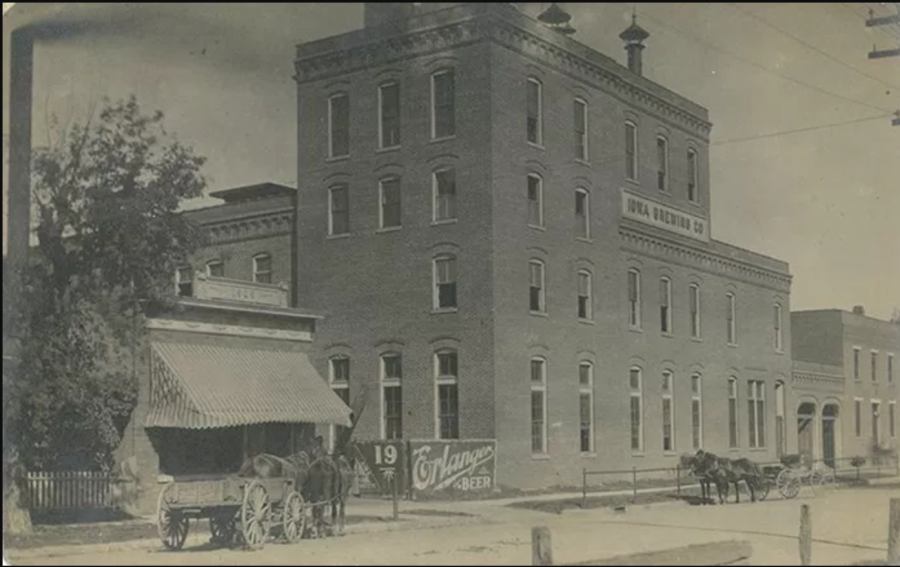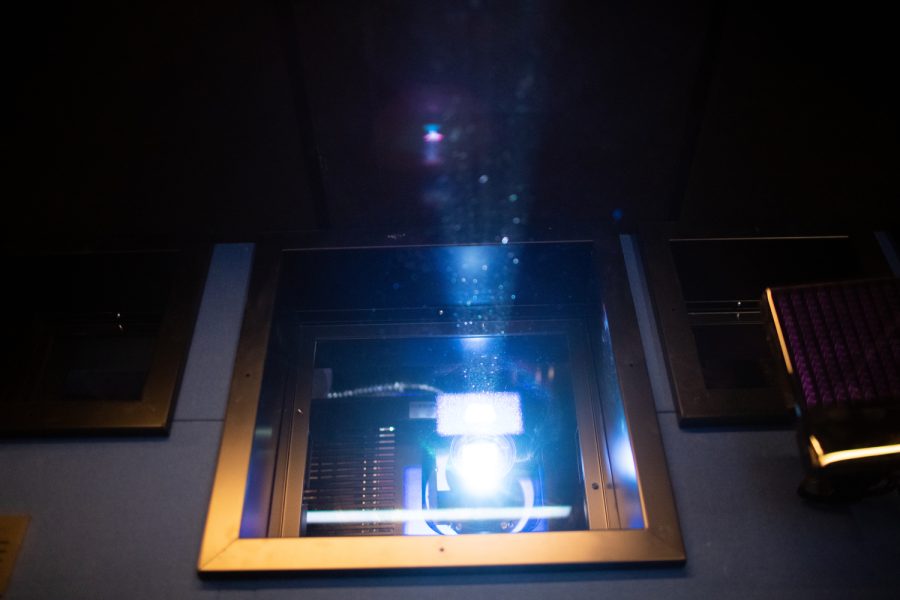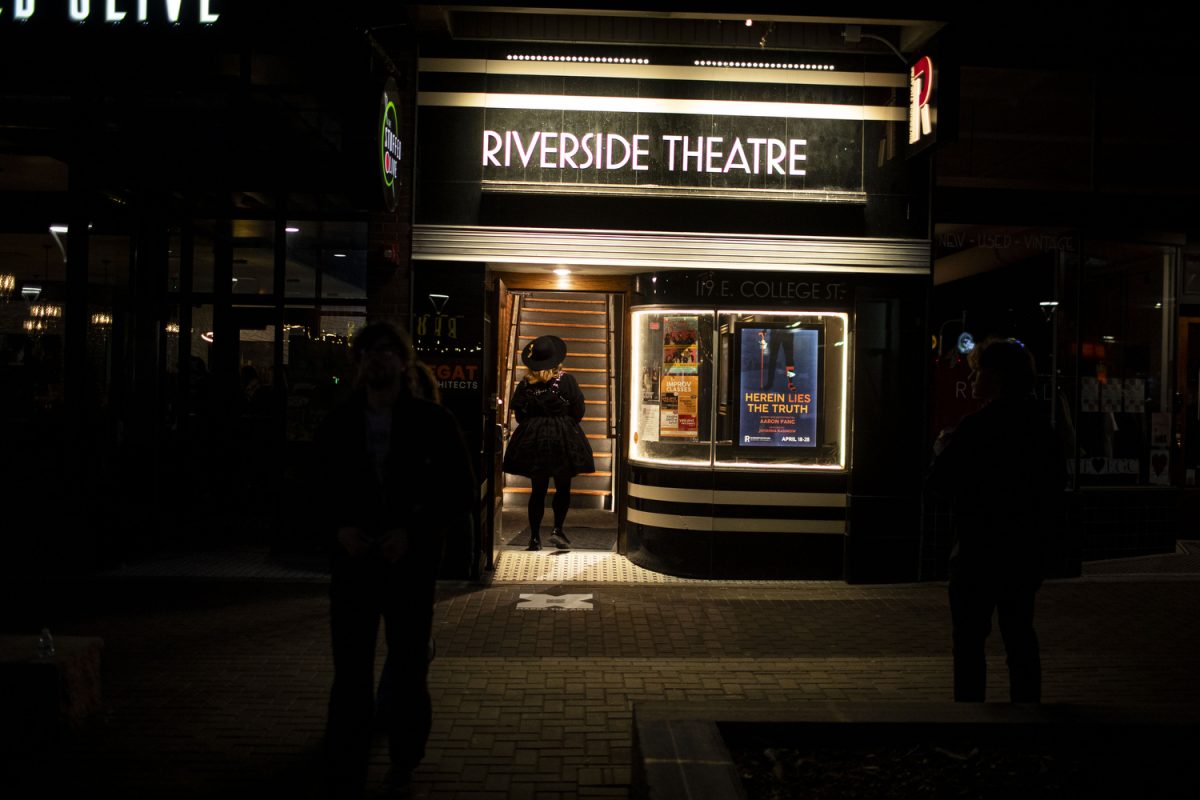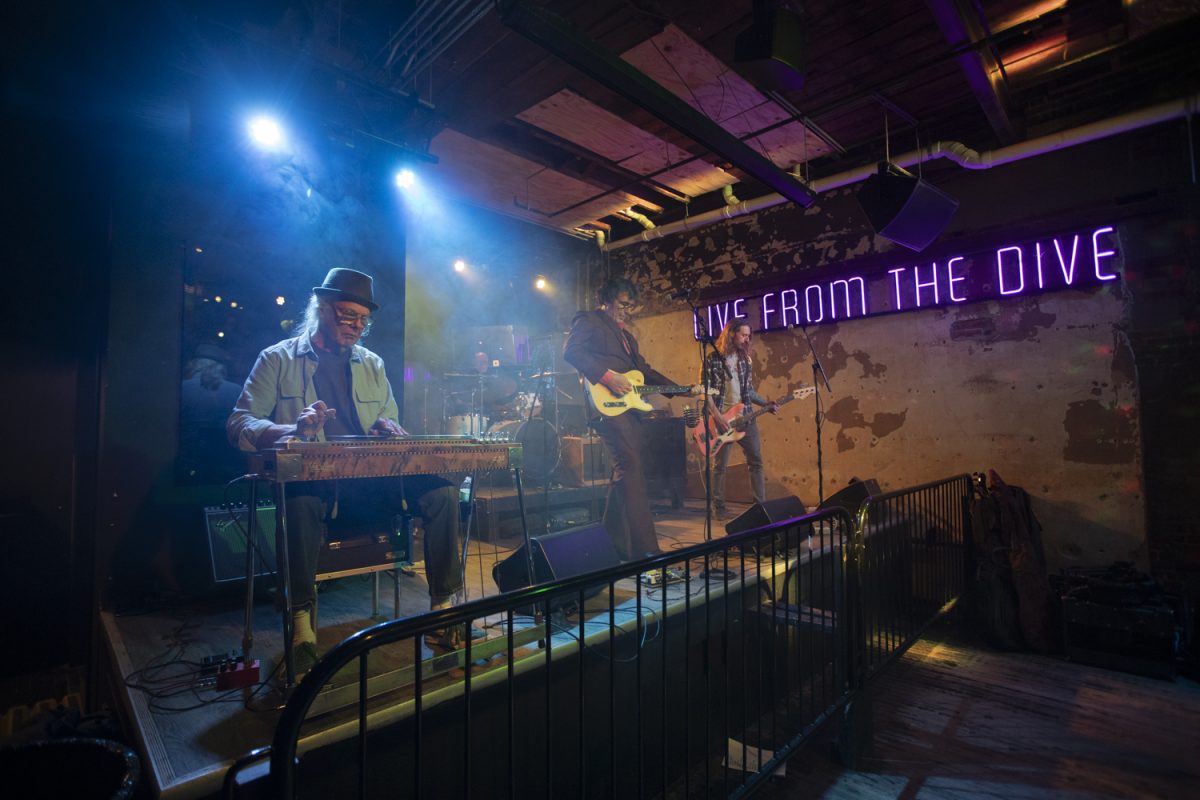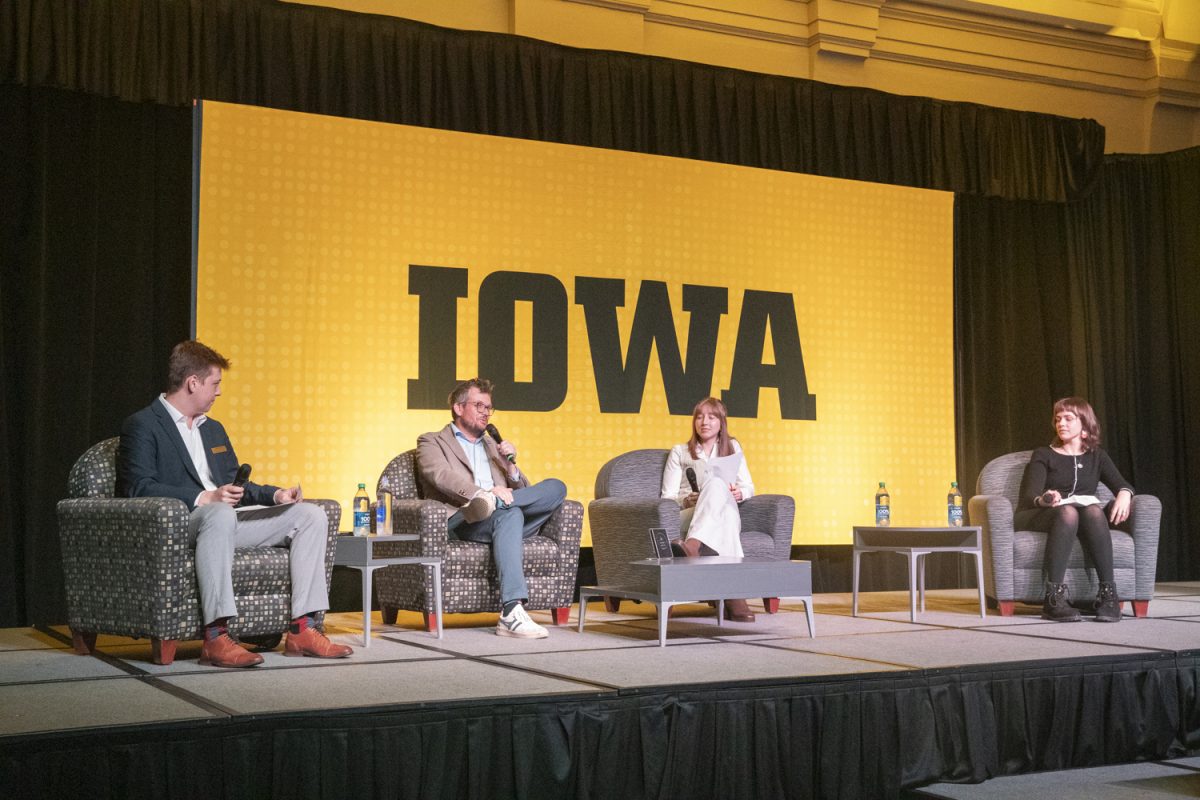Carroll Zuber was traveling in Germany, when he had an idea: bring microbrewing to Iowa. In 1975, the most popular beer seemed to be Miller Lite, and Zuber wanted to change that. In less than a decade, he cofounded Millstream Brewing Co., which is based in Amana.
His brewery may be considered the first, but it was certainly not the last. Over the decades since Millstream began selling beer, the microbrewing business is now taking the U.S. by storm. Sorry, Miller Lite.
In the Iowa City-Cedar Rapids area alone, there are: Backpocket Brewing in Coralville, Big Grove Brewery & Taproom, Kalona Brewing in Kalona, and, of course, Millstream.
Iowa City is also a pseudo-haven for beer and beer lovers alike. This history extends back all the way into 1884, with the Iowa City Beer Riots.
In 1882, the Iowa Legislature decided to ban all alcohol, a precursor to the eventual Prohibition era in U.S. history. It became illegal to sell liquor, which left several businesses unsure of what to do next. This was not received well by Iowa City, which had three breweries along Linn and Jefferson.
These few businesses controlled much of the North Side’s economy and was commonly known as the German Beer Mafia. But this mafia had yet to fight back against the law.
That changed on the Fourth of July, 1884, when the law took effect.
RELATED: Is this heaven? No, it’s beer
Part protest, part belated celebration, Conrad Graf decided to open up a keg of beer in his saloon and invited people to drink.
Once the line became too long, and the beer threatened to run out, the people became angry. The now tipsy crowd was so angry they threw kegs through the windows of the saloon in order to get inside.
Once inside, the crowd discovered the beer cellars of the former breweries were still, perhaps unsurprisingly, filled with beer. So, the crowd drank to their heart’s content. They drank the cellars dry.
A week later, the three owners that made up the German Beer Mafia, Graf, John Englert, and John Dostal, were given a warning from the county sheriff. In their rage, Graf and Englert — yes, the same Englert whose family went on to own the Englert Theater — tore up the papers that hindered their business. That warning became a citation.
That citation made the trio truly angry. Together, they made a plan to hang the informers and tar the lawyers to scare the Republican prohibitionists in Iowa and hopefully in the process get the city officials off their case.
The plan was set for Aug. 13, the day before the German Beer Mafia went to trial. However, these sorts of plans rarely occur as the conspirators hope.
When the day arrived, the defendants went out to Justice Schell’s house, with a mob of at least 150 brewery workers and onlookers in tow. Once at the house, the mob surrounded it, ready to act. That was until A.E. Maine, the city prosecutor, went to deliver legal briefs.
This is where the story gets ugly.
Maine was kicked to the ground, stripped, and tarred by the mob. He was in danger until County Deputy Sheriff Fairall and Schell came to his aid and helped him into the house.
Rioters shot at Schell’s house, throwing stones until one woman changed everything.
Mrs. Schell’s mother was on her deathbed, and Mrs. Schell, in desperation, ran out and told the mob about the situation. With the help of a few men, the mob eventually broke up out of respect for the dying woman.
Englert was not deterred by this.
Englert went back to the house and said he would burn it or tear it to the ground unless the men they came for surrendered. Fairall said he would shoot the first man who broke the door in. Graf yelled back, telling him to shoot and for the mob to storm the house.
This lasted for hours.
The mob didn’t leave the house until dusk.
The alleged informants, city attorneys John and L. G. Swafford, had barely escaped the mob’s rage until Graf spotted them in Church park. Graf, in his anger, assaulted the two with the help of 30 other men. Englert and Graf spurred the men on, and Graf personally tarred the brothers and beat John Swafford to a bloody pulp. The brothers were only saved from a hanging when nearby citizens intervened and carried the brothers away.
All night the mob terrorized the streets, with supporters coming as far as Ames and Marengo to support the German Beer Mafia and their mobs.
Ultimately, a grand jury in Iowa City didn’t indict the three … or in Marengo. The trial had to be moved to Marion to get a settlement.




